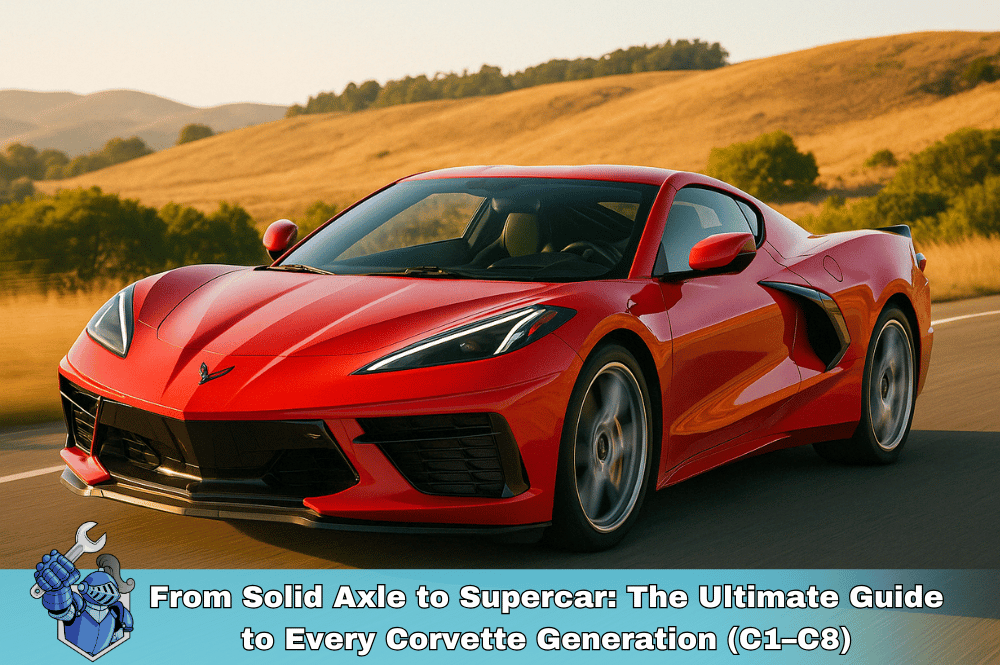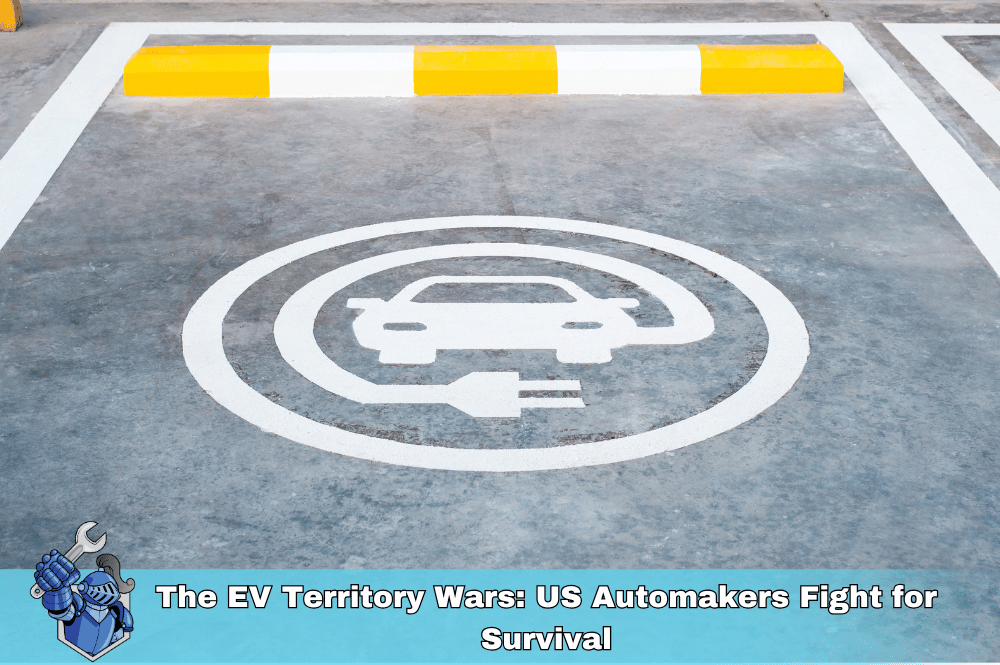An extended car warranty, or vehicle service contract, covers the cost of repairs for specific components listed in your contract. These typically include major mechanical and electrical systems like the engine, transmission, and drivetrain. Coverage varies depending on the provider and the specific plan you choose.
Car breakdowns and unexpected repairs can be costly, leaving many drivers wondering: does my car insurance cover mechanical issues? It’s a common misconception that car insurance will cover any problem that arises with your vehicle. In reality, car insurance is primarily designed to cover accidents and liability, not mechanical failures. Here’s where an extended car warranty—or vehicle service contract—can bridge the gap, offering protection for repairs that car insurance doesn’t cover. This article explores the differences between extended warranties and car insurance, the pros and cons of each, and why both can be essential for comprehensive vehicle protection.
Understanding the Basics: Car Insurance vs. Extended Car Warranties
What Does Car Insurance Cover?
Auto insurance policies typically include liability, collision, and comprehensive coverage, protecting you in case of accidents, theft, and damage from external factors. However, car insurance does not usually cover mechanical breakdowns or common car repairs like engine issues or transmission failure.
Car insurance providers may offer additional options such as mechanical breakdown insurance (MBI), but these are limited and can be expensive for used cars.
What Does an Extended Car Warranty Cover?
Extended warranties, also known as vehicle service contracts, step in where insurance falls short, covering the cost of repairs related to mechanical or electrical breakdowns after the manufacturer’s warranty expires.
Types of extended warranties include powertrain warranties, bumper-to-bumper warranties, and comprehensive warranty coverage for parts like the engine, transmission, and air conditioning.
Coverage levels vary by provider, making it essential to research the best extended car warranty companies and choose one that matches your vehicle’s needs.
Comparing Costs: Extended Warranty vs. Car Insurance
Car Insurance Costs
Auto insurance premiums vary depending on factors like driving history, vehicle model, and location. Though essential, car insurance only addresses incidents like accidents and does not reduce car repair costs for mechanical issues.
Extended Car Warranty Costs
The cost of an extended warranty depends on the vehicle's age, mileage, and coverage level. For instance, the price of an extended warranty for a used car will differ significantly from that of a new car. Third-party providers, such as Noble Quote, often offer competitive options compared to dealership warranties.
Why Consider an Extended Car Warranty?
Protection Against Expensive Car Repairs
Major repairs like engine or transmission failure can cost thousands of dollars. With an extended car warranty, these repairs may be covered, sparing you from financial stress.
Peace of Mind for Used Car Owners
A used car warranty is ideal for owners of pre-owned vehicles, as they’re more likely to need repairs once their original warranty expires. Considering the question “Is an extended car warranty worth it?” comes down to balancing potential repair costs with the price of the warranty.
Financial Flexibility
Many warranties offer coverage for repairs at both dealerships and certified repair shops, allowing you to choose the best service provider for your needs.
Drawbacks and Limitations of Extended Warranties and Car Insurance
Extended Car Warranties
Not all repairs are covered under extended warranties; routine car maintenance, wear-and-tear items, and some exclusions may apply.
It’s essential to understand your deductible and the terms of cancellation policies, as some providers have different stipulations.
Car Insurance
Auto insurance is limited in scope, offering little to no help with mechanical breakdowns or parts failures. The cost of MBI, if available, may not be worth the limited coverage provided.
How to Choose the Right Extended Car Warranty
- Consider the types of warranties available (powertrain, bumper-to-bumper) and what each plan covers.
- Evaluate the reputation of warranty providers; look for customer reviews and testimonials from reputable providers like Noble Quote.
- Weigh the pros and cons of choosing a dealership warranty versus a third-party warranty provider.
Conclusion: Comprehensive Coverage for Peace of Mind
While car insurance is mandatory and covers accident-related expenses, it often falls short in covering the high costs of mechanical breakdowns. An extended car warranty fills this gap, providing coverage for unexpected repairs and reducing out-of-pocket expenses. At Noble Quote, we offer premium protection plans tailored to your needs, with options for new and used cars alike.
If you’re wondering whether an extended warranty is right for you, visit Noble Quote’s Learning Center to explore our range of plans and get a quote today. Don’t wait until your next breakdown—get the coverage you need and enjoy total peace of mind on the road.
Got Warranty Questions? We Have Answers!
What does an extended car warranty actually cover?
How is an extended warranty different from car insurance?
Car insurance is designed to protect you financially in the event of an accident, theft, or damage caused by events like fire or vandalism. Extended warranties, on the other hand, cover repairs due to mechanical breakdowns and wear and tear.
Is an extended car warranty worth it?
Whether an extended warranty is worth it depends on factors like the age and reliability of your car, your driving habits, your budget, and your risk tolerance. If you're concerned about potentially expensive repairs, an extended warranty can provide peace of mind.
What are the different types of extended car warranties?
Common types include powertrain warranties (covering the engine, transmission, and drivetrain), bumper-to-bumper warranties (offering more comprehensive coverage), and exclusionary warranties (listing what's not covered).
When is the best time to buy an extended car warranty?
You can typically purchase an extended warranty when you buy a new or used car, or before your factory warranty expires. Some providers allow you to purchase a warranty even after your factory warranty has run out.
How much does an extended car warranty cost?
The cost varies depending on factors like the coverage, deductible, length of the contract, your car's make and model, and your driving history. It's important to get quotes from multiple providers to compare prices and coverage.
What should I look for when choosing an extended car warranty?
Look for a reputable provider with a good track record, clear contract terms, a reasonable price, and comprehensive coverage that meets your needs. Read reviews and compare different plans before making a decision.
Can I cancel my extended car warranty?
Most extended warranties have a cancellation period, typically 30 days, during which you can cancel for a full refund. After that period, you may still be able to cancel but you'll likely receive a prorated refund minus any cancellation fees.
What are some common exclusions in extended car warranties?
Common exclusions include routine maintenance (like oil changes), wear-and-tear items (like tires and brake pads), damage from accidents or misuse, and pre-existing conditions.
Where can I get more information about extended car warranties?
You can find information from consumer organizations like the Better Business Bureau (BBB) and your state's insurance department. You can also consult online resources and reviews to compare providers and plans.
Suggestions for you
Read MoreLet’s work together
Every week we showcase three charitable organizations that our donations are sent to. Our clients are able to choose which of these three will receive their gift when they add coverage to their vehicle...


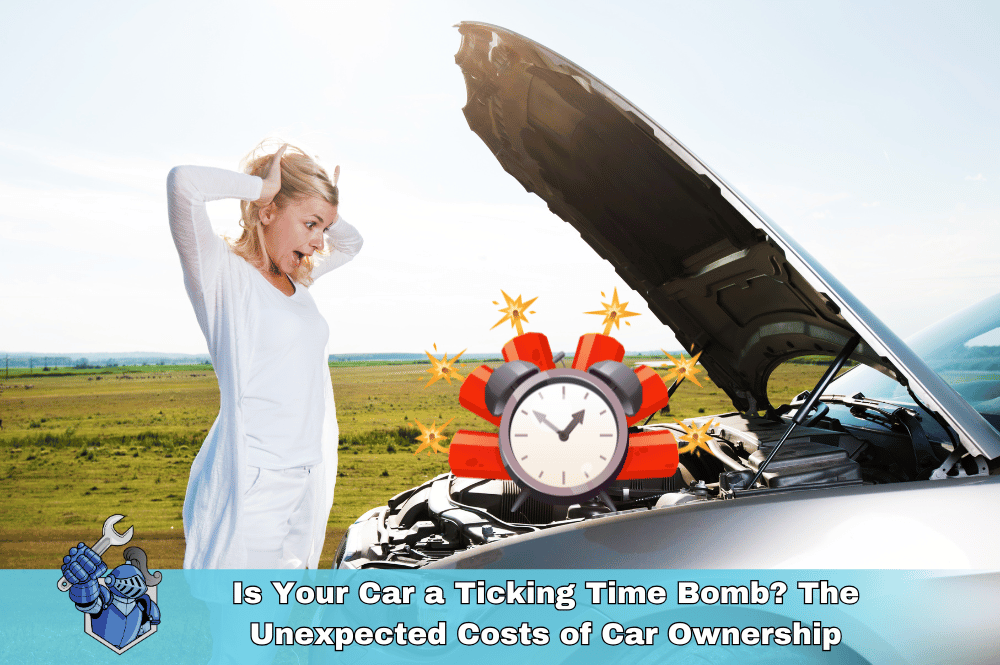 Is Your Car a Ticking Time Bomb? The Unexpected Costs of Car Ownership
Is Your Car a Ticking Time Bomb? The Unexpected Costs of Car Ownership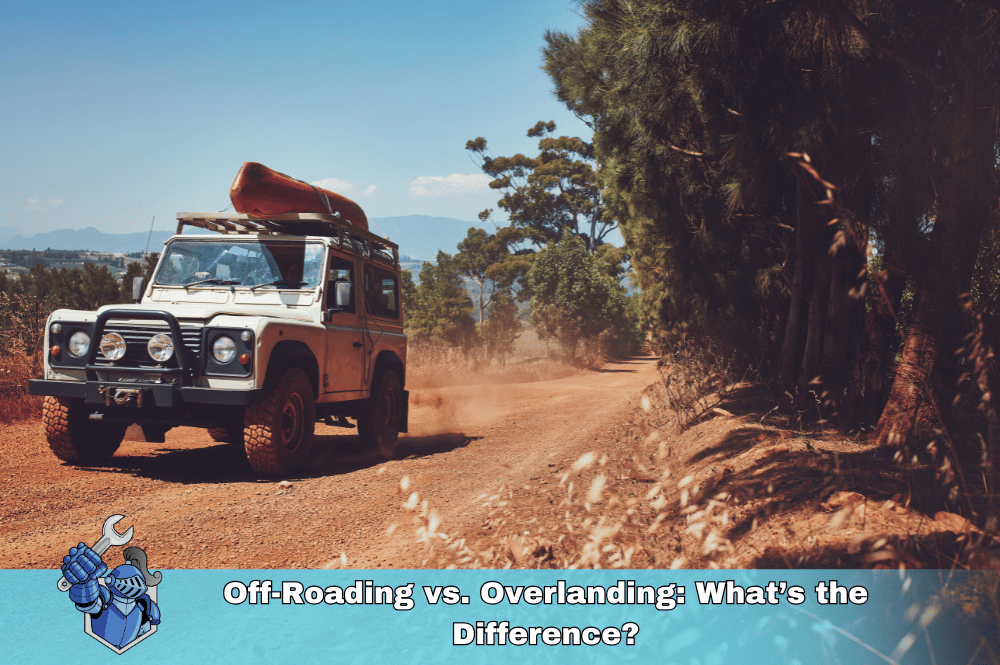 Off-Roading vs. Overlanding: What’s the Difference?
Off-Roading vs. Overlanding: What’s the Difference? Should You Buy a Truck? The Ultimate Pros and Cons List
Should You Buy a Truck? The Ultimate Pros and Cons List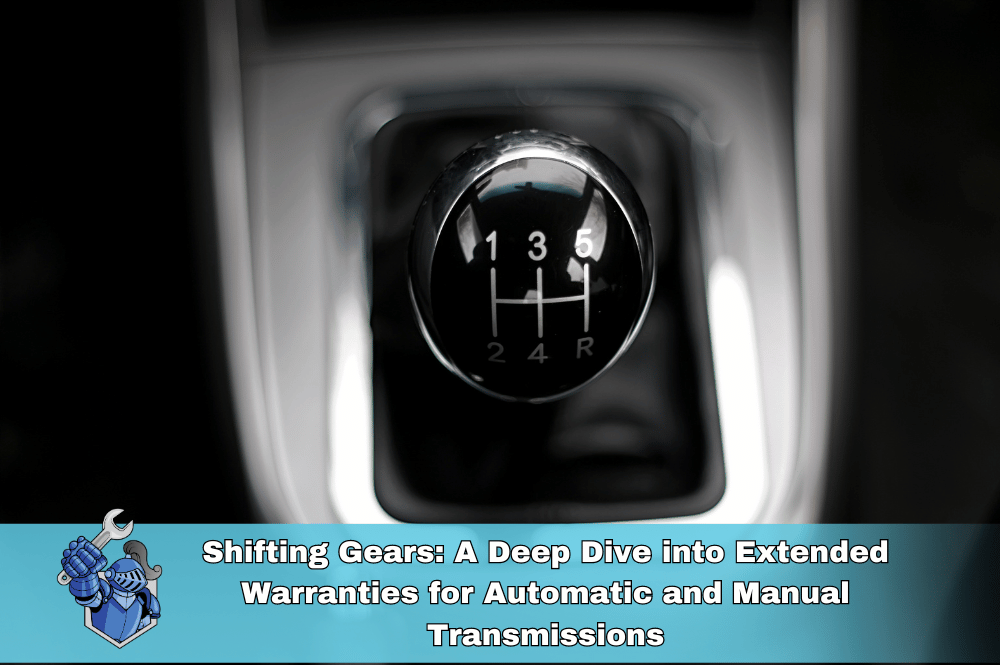 Shifting Gears: A Deep Dive into Extended Warranties for Automatic and Manual Transmissions
Shifting Gears: A Deep Dive into Extended Warranties for Automatic and Manual Transmissions Looking for the Perfect Gift for a Car Enthusiast? Try These 10 Puzzles
Looking for the Perfect Gift for a Car Enthusiast? Try These 10 Puzzles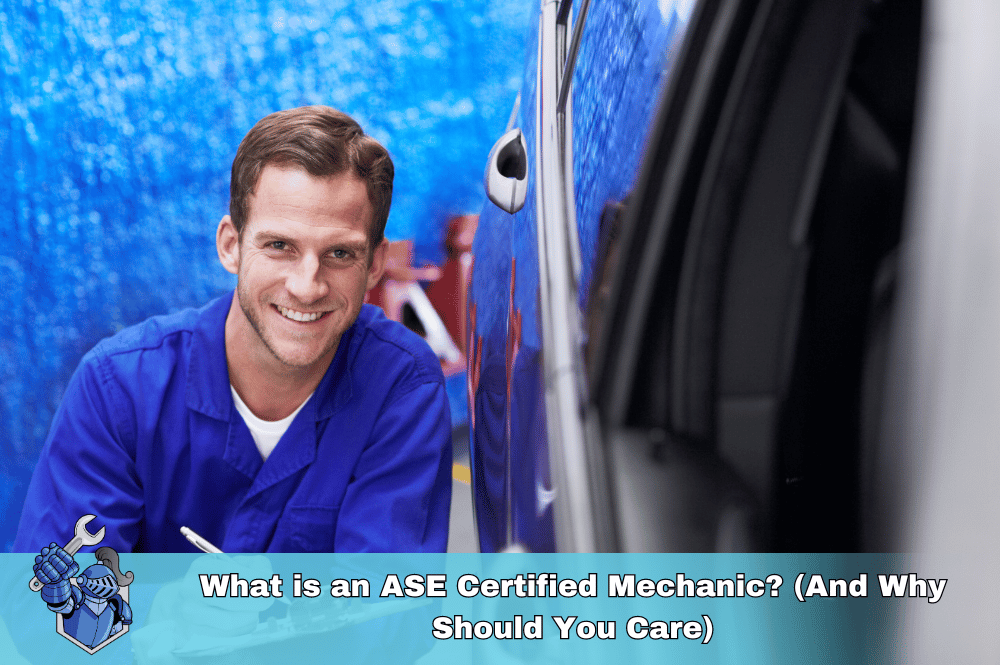 What is an ASE Certified Mechanic? (And Why Should You Care)
What is an ASE Certified Mechanic? (And Why Should You Care) Rules of the Road: Your Ultimate Guide to Safe Driving
Rules of the Road: Your Ultimate Guide to Safe Driving The Ultimate New Driver's Guide: Everything You Need to Know to Hit the Road with Confidence
The Ultimate New Driver's Guide: Everything You Need to Know to Hit the Road with Confidence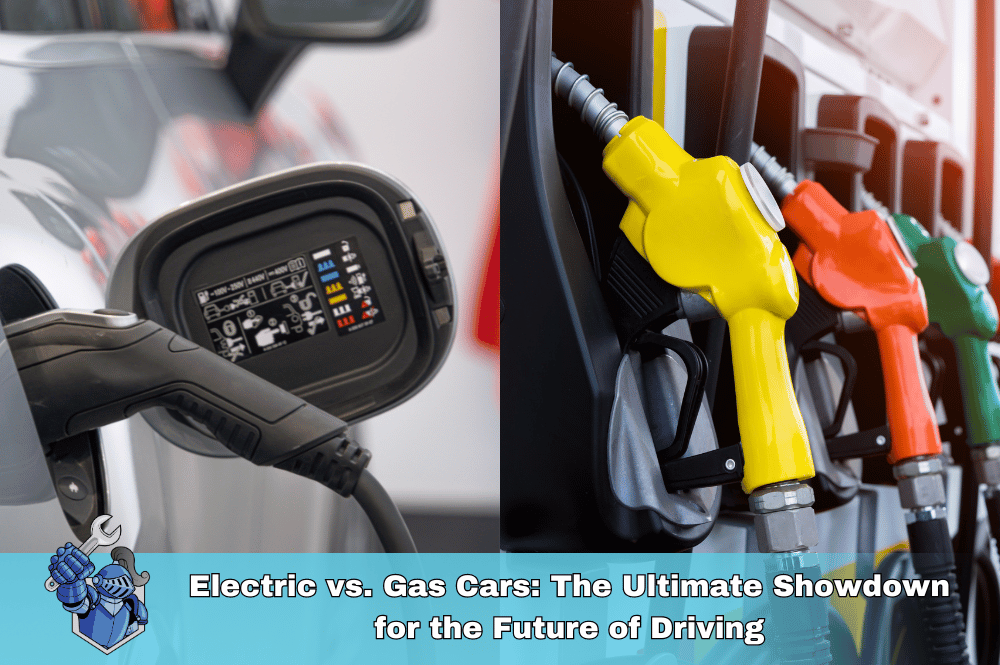 Electric vs. Gas Cars: The Ultimate Showdown for the Future of Driving
Electric vs. Gas Cars: The Ultimate Showdown for the Future of Driving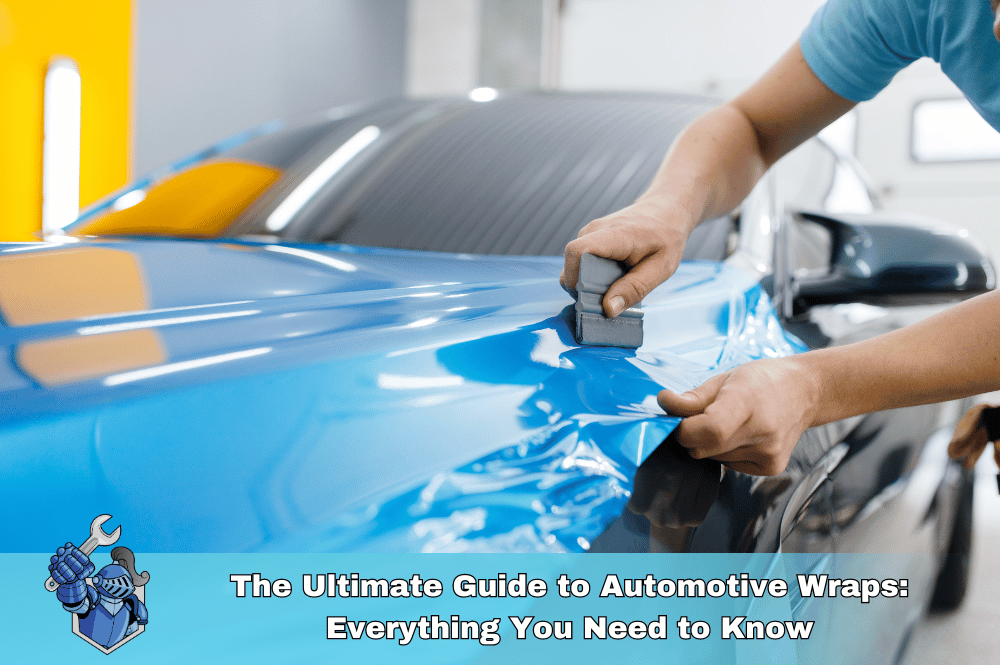 The Ultimate Guide to Automotive Wraps: Everything You Need to Know
The Ultimate Guide to Automotive Wraps: Everything You Need to Know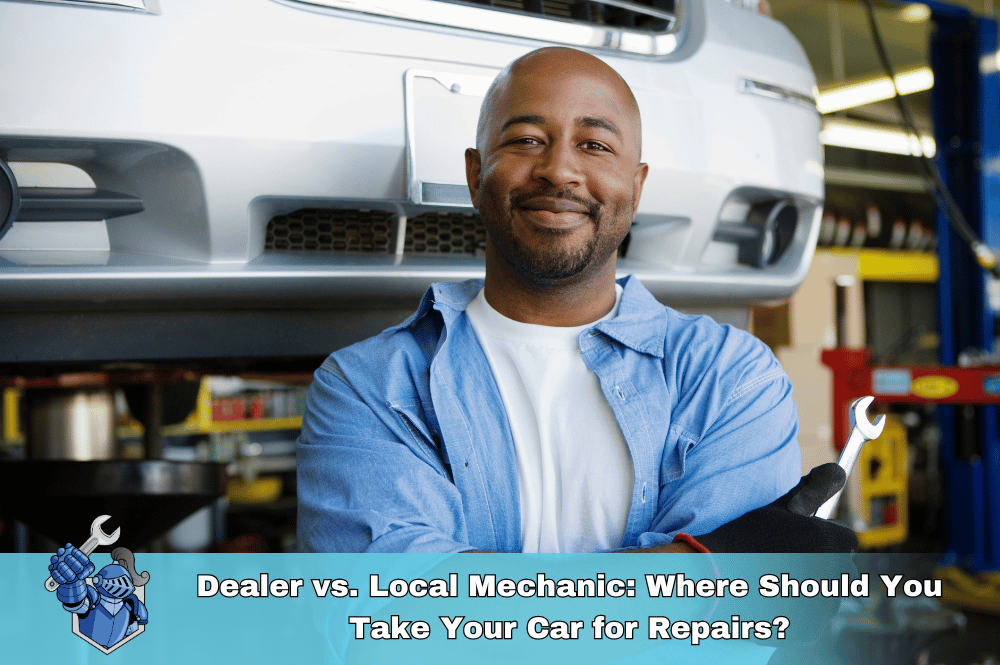 Dealer vs. Local Mechanic: Where Should You Take Your Car for Repairs?
Dealer vs. Local Mechanic: Where Should You Take Your Car for Repairs?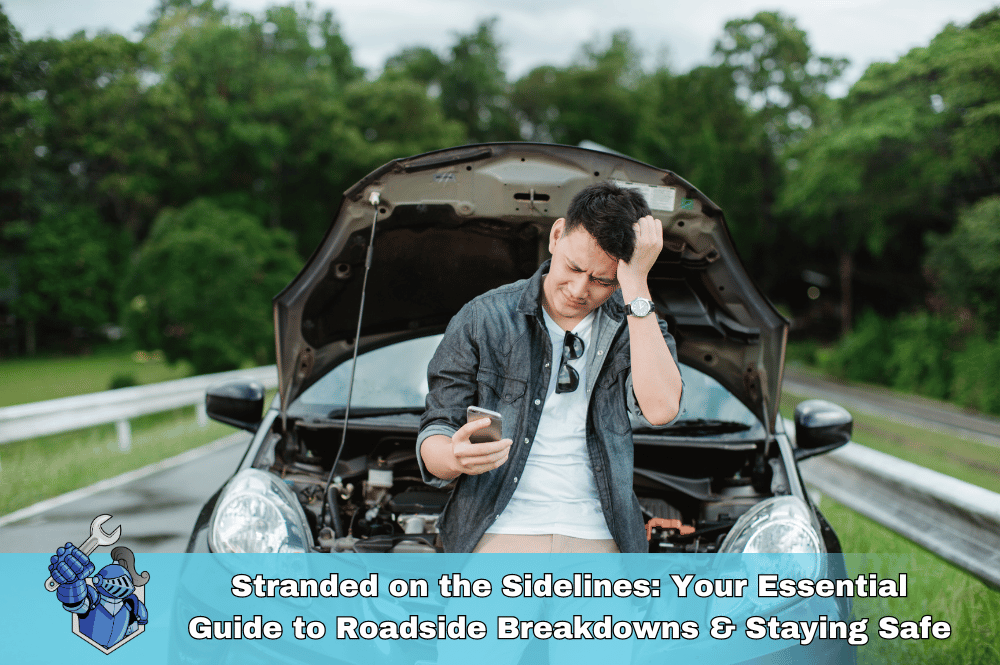 Stranded on the Sidelines: Your Essential Guide to Roadside Breakdowns & Staying Safe
Stranded on the Sidelines: Your Essential Guide to Roadside Breakdowns & Staying Safe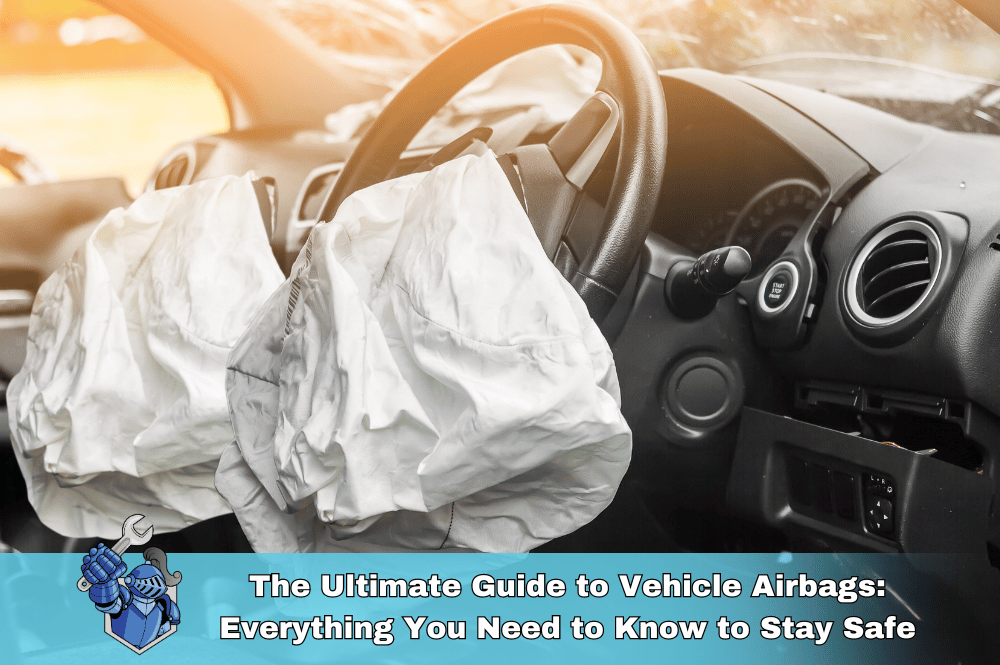 The Ultimate Guide to Vehicle Airbags: Everything You Need to Know to Stay Safe
The Ultimate Guide to Vehicle Airbags: Everything You Need to Know to Stay Safe How to Choose the Best First Car for Your Teen in 2024: A Parent's Guide
How to Choose the Best First Car for Your Teen in 2024: A Parent's Guide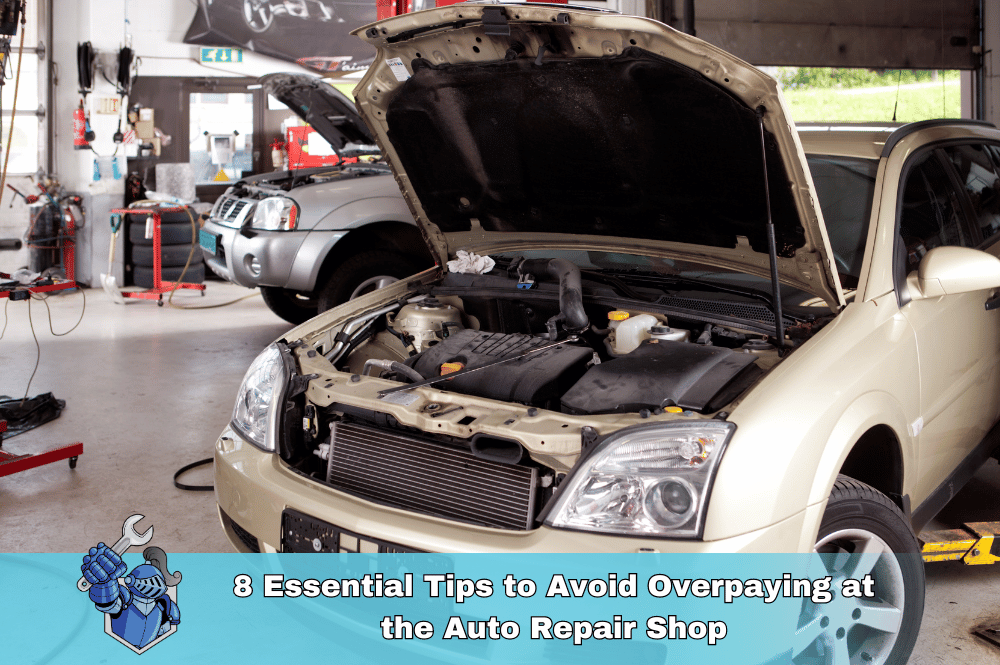 8 Essential Tips to Avoid Overpaying at the Auto Repair Shop
8 Essential Tips to Avoid Overpaying at the Auto Repair Shop
